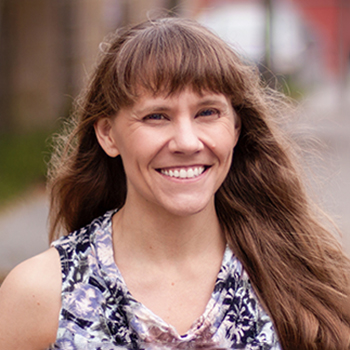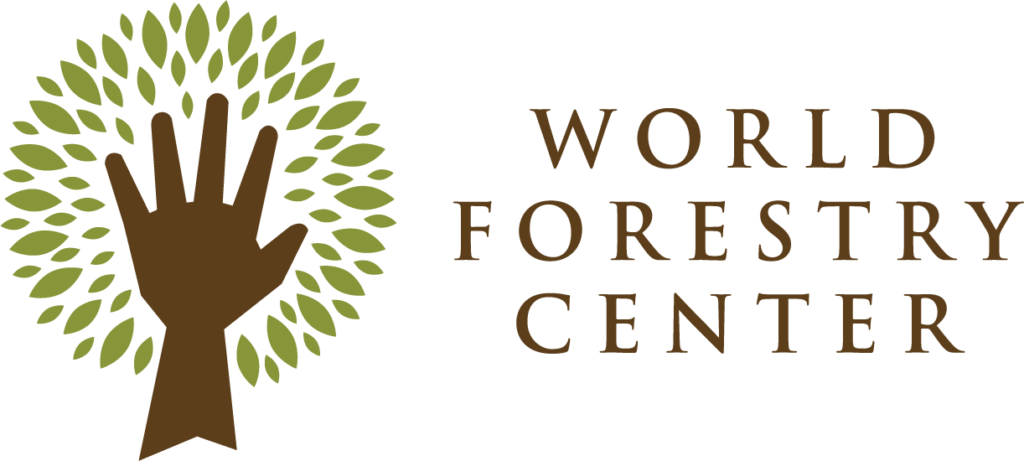Part Two of the program brings together city, state, and federal agency staff, a farmworker labor advocate, and a bio-social research scientist to discuss what actions the public health sector can take to support vulnerable communities exposed to wildfire smoke.
“This discussion builds on what we heard in part one and focuses on successful strategies for building community resilience to wildfire smoke.” said Tim Hecox, World Forestry Center’s Director of Experience.
Panelists

Sarah Coefield has been an air quality specialist with the Missoula Public Health’s Air Pollution Control Program since 2010. During wildfire smoke events, Sarah provides the community with wildfire smoke forecasts and health advisories. During the off-season, she works closely with community, non-profit and research partners to move Missoula County closer to being a smoke-ready community. She has co-authored a variety of wildfire smoke-related papers and written multiple editorials on the issue.
Recommended Resources:

Recommended Resources:

Recommended Resources:

Recommended Resources:

Recommended Resources:
